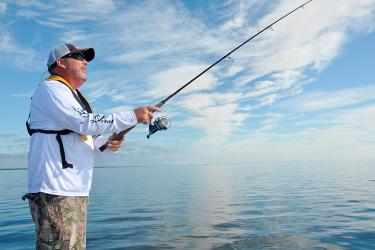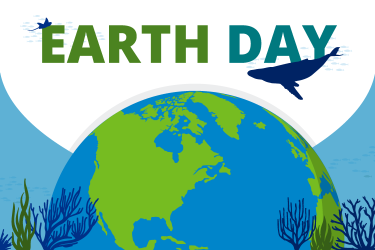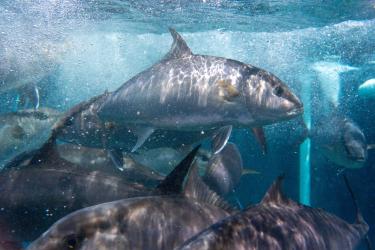NOAA Fisheries has published a report to Congress with our response to the National
Academies’ of Sciences, Engineering, and Medicine’s 2021 recommendations on recreational
fishing data collection, data use, and alternative management strategies. The intent of this report
was to evaluate how NOAA Fisheries recreational data collection program is meeting the needs
of in-season management of fisheries with annual catch limits.
Key Points from the Academies’ Report:
- NOAA Fisheries has improved the recreational catch data used in stock assessments.
- The program produces “critically important” catch data unlikely to be replicated for monitoring and assessing council-managed stocks.
- In-season management is not required for most fisheries nationwide due to broad regional diversity in management needs.
Academies’ Report Recommendations:
Several recommendations in the Academies’ report call for exploration and development of
forecasting methods for in-season catch and management. The report also recommends
conducting research and pilot studies on a number of statistical methods to improve catch and
forecasting estimates, as well as recommendations to pursue alternative management approaches to better align management actions and accountability with data availability.
“We’re looking forward to working with the councils and our other partners as we further
discuss the recommendations or actions to implement the recommendations,” said Kelly Denit,
director, Office of Sustainable Fisheries. “We are committed to meeting a wide range of fisheries
science and management needs and priorities nationwide.”
Response to Academies’ Recommendations:
Many of the report’s recommendations suggest continuing ongoing agency practices while also
encouraging partners to take equivalent actions. NOAA Fisheries and our partners are also
already taking action on a number of recommendations outlined in the study, including:
- NOAA Fisheries is working closely with partners to calibrate and reconcile differences among survey programs including those in the Gulf of Mexico and Hawaii.
- NOAA Fisheries will continue to support the development and use of catch forecasting models in priority regions (e.g., Atlantic, Gulf, and West Coast). NOAA Fisheries regional offices and science centers will also continue to evaluate their utility.
- NOAA Fisheries will explore recommended statistical methods where applicable and recommend their consideration by partners.
- Further discussion, planning, and coordination are underway with NOAA Fisheries, Councils, Commissions, and states to develop detailed plans to address some of the recommendations identified for further action that are not already in progress. Efforts will be prioritized based on regional needs and availability of funding.
Fishery Management Councils, Interstate Marine Fisheries Commissions and state agencies
provided crucial input to ensure our responses to the report’s recommendations reflect
interagency national and regional in-season management needs. This input included an inventory
of relevant ongoing efforts across NOAA Fisheries and partner organizations, as well as needs,
interests, and capabilities to pursue the recommendations.
“The National Academies’ recommendations contain management and science-related
considerations,” said Richard Cody, chief of the Office of Science and Technology’s NOAA
Fisheries Statistics Division. “A high level of coordination is necessary to address them
appropriately. Several of the recommendations will require regionally specific approaches to
account for regional differences in management regimes, data needs, and resources available.
This report to Congress sets that process in motion.”
NOAA Fisheries’ recreational data collection program –also known as the Marine Recreational
Information Program—is the state-regional-federal partnership that develops, implements, and
continually improves a national network of recreational fishing surveys to estimate total
recreational catch. These estimates are used by fisheries scientists and managers to help inform
stock assessments and fisheries management decisions.



